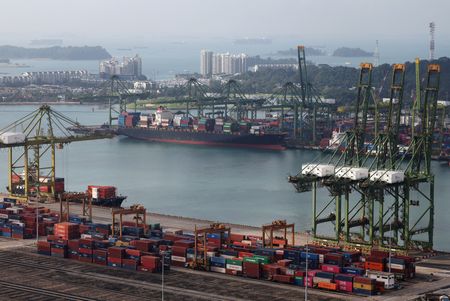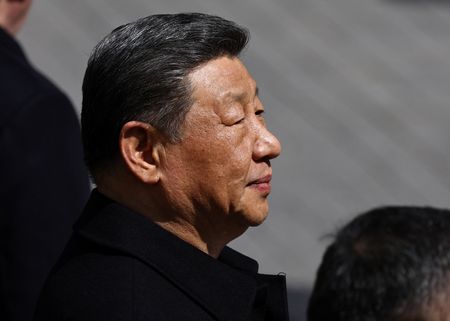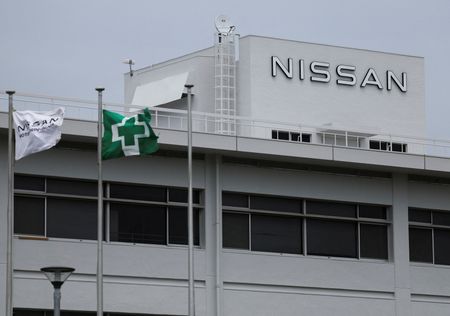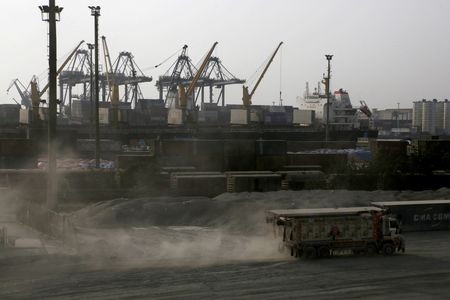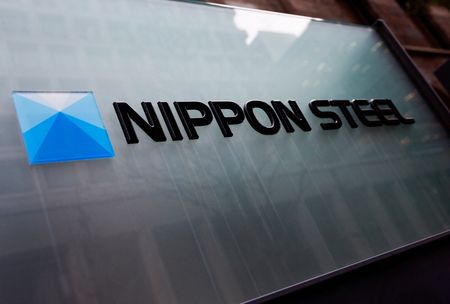SINGAPORE (Reuters) -Asian economies must remain agile and not succumb to tit-for-tat tariff retaliation, a deputy managing director of the Monetary Authority of Singapore said on Friday.
Retaliatory tariffs would lead to negative supply shifts that would worsen the growth-inflation trade-off and complicate monetary policy, Edward Robinson, who is also the MAS’s chief economist, told a monetary policy conference.”They should continue to keep the old advice to avoid throwing rocks into their own harvest and intensify regional trade integration initiatives, including in digital and services trade, and investment,” Robinson said.
Protectionism and import taxes disrupt resource allocation and lower the consumer surplus as domestic households face higher prices and fewer choices, he said.
“Both the targeted and the tariff-imposing economies suffer.”
Despite having a free-trade agreement and running a trade deficit with the United States, Singapore has been slapped with a 10% baseline tariff rate by Washington.
Other Southeast Asian countries have been threatened with much higher tariffs, although they have been delayed until July and an interim 10% tariff is in place for now.
Singapore on Thursday reported a 0.6% contraction in the first quarter, even before U.S. tariffs were announced, putting the economy at risk of a technical recession.
The MAS eased policy at reviews in January and April this year. Speaking on Thursday after the GDP data, Robinson said the current monetary policy stance remained appropriate.
(Reporting by Xinghui Kok; Editing by John Mair)

